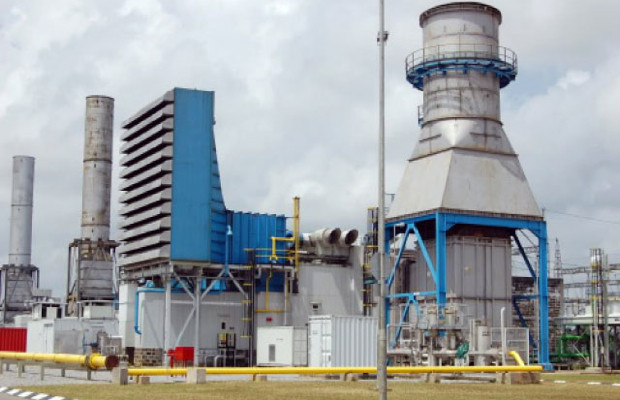Nigeria’s manufacturing sector, a crucial engine for economic diversification and growth, finds itself trapped in a web of persistent challenges, hindering its potential to drive industrialization and reduce import dependency. Stakeholders are calling for urgent and transformative reforms to address the deep-seated obstacles that continue to plague the sector. Policy inconsistencies, inadequate infrastructure, and a crippling energy crisis are among the most pressing issues demanding immediate attention.
The unpredictable nature of industrial policies, characterized by weak regulatory frameworks and frequent reversals, has created a climate of uncertainty, discouraging long-term investments. This volatile policy environment, coupled with difficulties in accessing affordable credit due to high interest rates and stringent lending conditions, paints a bleak picture for manufacturers struggling to navigate the complex financial landscape. The consequences of these challenges are starkly evident in the alarming rise of unsold finished goods inventory, further exacerbating the sector’s financial woes.
Recent data reveals a disturbing trend of escalating unsold inventory, signaling deeper systemic issues within the manufacturing sector. The value of unsold goods surged by a staggering 42.93 percentage points in the first half of 2024, reaching N1.24 trillion, a significant jump from N869.37 billion in 2023. This accumulation of unsold inventory, amounting to an increase of N370.63 billion, reflects a combination of factors, including weakened consumer demand and inefficiencies within the supply chain. Experts warn that this growing stockpile, combined with already high production costs, poses a serious threat to manufacturers’ cash flow and profitability, demanding immediate intervention to mitigate the potential for widespread financial distress.
The energy crisis remains a significant bottleneck for the manufacturing sector. The unreliable power supply forces many companies to rely on expensive diesel generators, dramatically increasing production costs and rendering locally produced goods less competitive against imports. According to the Manufacturers Association of Nigeria (MAN), energy expenses account for over 40% of production costs, a significant burden that undermines the sector’s ability to compete effectively. This reliance on costly alternatives not only hampers current operations but also discourages much-needed foreign and local investment, further hindering the sector’s growth potential.
Adding to the complex web of challenges is the depreciation of the naira, which significantly increases the cost of imported machinery and raw materials, essential components for many manufacturing processes. This escalating cost burden forces factories to operate below capacity, slowing down efforts to boost local production and enhance competitiveness. The combined impact of these challenges – policy inconsistencies, inadequate infrastructure, the energy crisis, and the depreciating naira – paints a concerning picture for the future of Nigeria’s manufacturing sector.
Stakeholders are advocating for a comprehensive reform agenda to address these multifaceted challenges and unlock the sector’s potential. Recommendations include a thorough revision of industrial policies to provide clear, consistent, and long-term incentives for manufacturers. Addressing the energy crisis through strategic investments in renewable energy and grid expansion is crucial for reducing reliance on expensive and unsustainable diesel generators. Improving infrastructure to streamline logistics and reduce transportation costs is another key area for reform. These targeted interventions, coupled with a concerted effort to stabilize the naira and address inflationary pressures, are essential for creating a conducive environment for manufacturing growth and achieving the goal of becoming a manufacturing hub in Africa. Revitalizing the manufacturing sector, which currently contributes less than 10% to Nigeria’s GDP, is not just an economic imperative but a critical step towards diversification, job creation, and reducing reliance on imports. A collaborative approach involving both the public and private sectors is essential to unlock the immense potential of Nigeria’s manufacturing industry and pave the way for sustained economic growth. The government’s recent reforms, including the removal of fuel subsidies and the floating of the naira, have been cited as contributing factors to the sector’s woes, underscoring the need for a more holistic and carefully considered approach to policy implementation. The call for aligned fiscal and monetary policies reflects the need for a unified strategy to tackle inflation and promote sustainable economic development.














